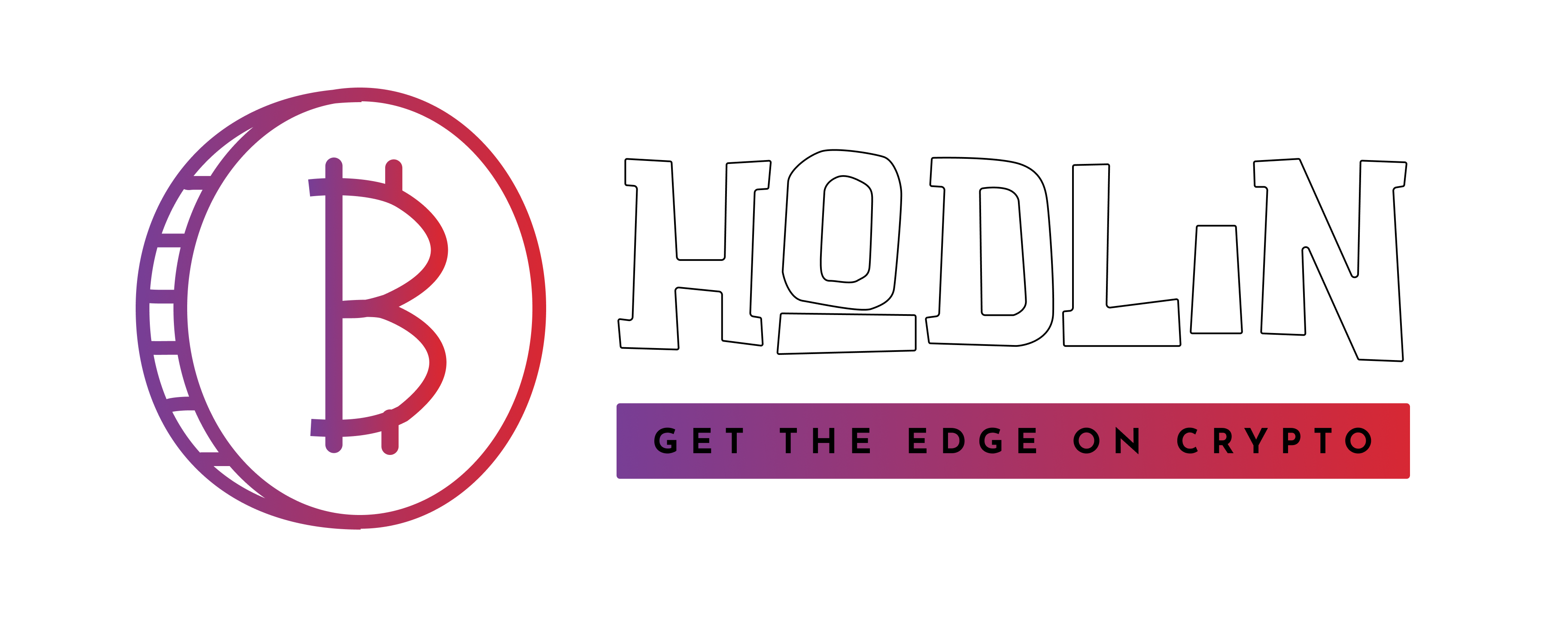The Future of Crypto ETFs: Will an Ether ETF Ever Be Approved?
The SEC
In the most recent example of the anti-crypto perspective that has seemingly dominated the conversations at the Commission under Chairperson Gary Gensler, there is evidence that several U.S. companies are under investigation with regards to dealings with the Ethereum Foundation. These recent investigations follow statements made by the SEC that proof-of-stake blockchains (and associated tokens) could be classified as investment contracts, as well as lawsuits filed against exchanges such as Coinbase and Kraken focusing on the staking-as-a-service services offered to investors.
By focusing on the Ethereum Foundation, the SEC does have several pieces of information that could be used to construct a case to classify ether as a security. The foundation has issued tokens to fund further development, some tokens have been allocated to founders, the work conducted by the foundation is connected to increasing the value of said tokens, and unlike bitcoin there is a founding/managing team involved in the promotion and further development of the ethereum blockchain. Regardless of the opposition the SEC continues to face, and the multiple problems that moving unilaterally would create, the Commission seems set to continue these efforts.
Staked Versus Non-Staked Ether
While it is true that the staking services offered by some exchanges have both led to lawsuits and added fuel to the SEC case that ether should be classified as security, this also could be a factor that reduces that appeal of a spot ether ETF. With average staking yields for staked ETH averaging just under 4% this opportunity has become an attractive one for retail investors, but would be of even greater interest for institutional pools of capital that have to manage returns for investors used to consistency. Given the reality that inflation remains elevated above levels seen prior to 2020, the yield generated by ETH continues to attract attention.
On the other hand the very appeal of this yield, and staking in general, is one of the core arguments that has been used by the SEC to construct its most recent efforts to classify ETH as a security. Since staked ETH involves centralization (whether via a centralized exchange or decentralized protocol), common efforts to pursue profits, and limited direct involvement from most staking participants, the argument is not entirely without merit.
The very development that continues to attract investors to ETH may also prove another obstacle to a spot ETF approval.
Success of Bitcoin ETFs Is A Catch-22
Lastly the very success that the multiple spot bitcoin ETFs have experienced has reignited a storm of criticism and pushback from U.S. policymakers. Renewed efforts to crack down on the energy consumption of bitcoin miners, reviving the possibility of a targeted 30% tax on said miners, and concerns about price volatility continue to add to the public debate undermining the need for more crypto ETFs.
Even as crypto investors and advocates cheer higher prices, increasing flows and trading volumes, and more users onboarding into the space, these very same positive trends are being used against further such developments.
The crypto industry has had a lot to celebrate in 2024, but these same successes might actually forestall more positive news.

